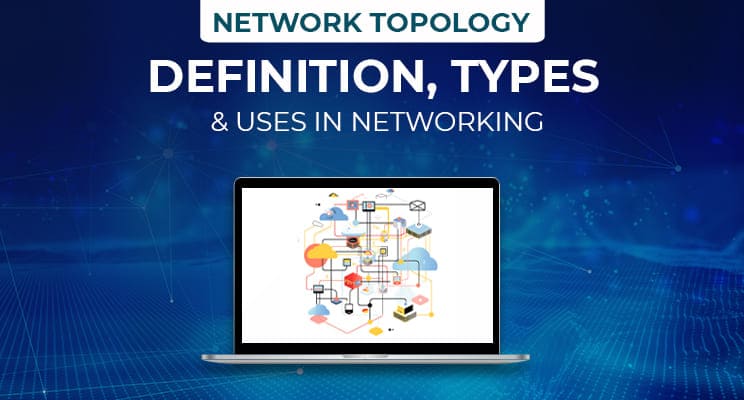Essential Network Components for a Robust Network Infrastructure
Key Network Elements of a Strong Network Infrastructure
In this age of digital connectivity, establishing a strong network infrastructure is imperative for any organization, be it small or large. Whether you operate a small office or a big enterprise, knowing the key network elements is important to ensure uninterrupted communication, data exchange, and security.

At UniNets, we educate aspiring IT experts and network engineers with detailed experience of networking parts, computer network hardware and software, and security procedures, making them adequately prepared to handle real-world issues.
What Are Network Components?
Network components are the physical and logical parts that constitute a computer network. They comprise routers, switches, cables, network interface cards (NICs), firewalls, access points, and software such as network operating systems and protocols.
These elements of a computer network operate in concert to enable communication, resource sharing, and data security. Studying these elements is the initial step of any networking course, and an essential base for system administration and cybersecurity careers.
Important Networking Elements Are:
Routers – Forward data packets from one network to another.
Switches – Provide connectivity within the same network.
Firewalls – Guard the network against unauthorized access.
Access Points – Extend wireless access.
Cabling (Ethernet, Fiber Optic) – Carry data throughout the network.
Network Interface Cards (NICs) – Link computers to the network
Network Infrastructure Components: The Larger Picture
Network infrastructure components are not just hardware. They extend to software and protocols that control the transmission of data. Components provide availability, scalability, and security of enterprise networks.
Here at UniNets, we place equal emphasis on theoretical and practical learning so our students can realize how every component supports a robust network infrastructure.
Computer Network Hardware and Software: The Pillars of ITYour network's performance and reliability are determined by a fine balance of computer network hardware and software. Hardware provides connectivity and speed, while software controls traffic, user access, and network protocol.
UniNets provides hands-on training to enable the students to configure and manage both hardware and software in real-time environments.
Upskill with UniNets: Windows and Linux Training
Operating system knowledge is necessary for network management. For this reason, UniNets offers specialized Windows training courses and Linux networking courses as part of our curriculum.
Windows Training Online
Our Windows training is designed for IT professionals seeking hands-on knowledge in Windows Server environments. Whether you're a beginner or a system administrator, our Windows training online modules are flexible and current with the newest Microsoft standards.
Select from our:
Windows course for newbies
Windows training course with labs and projects
Advanced Windows training for enterprise networking
Linux Networking Certification
Linux is a central component of contemporary networks, particularly for servers and security systems. UniNets provides Linux networking certification that ensures you become an expert in network settings, firewalls, and automation tools.
Our online Linux certification courses are:
Basic to advanced Linux networking courses
Industry-recognized Linux certification courses online
Hands-on project that mimics real-world problems
Boost Your Security Skills with UniNets
Network reliability is nothing without security. With increased cyber threats, network security and cybersecurity knowledge are no longer a choice—it's a must.
Information Security and Cybersecurity Courses
Our information security courses enable students to grasp risk assessment, security policies, and compliance standards. From protecting personal data to mitigating threats at the enterprise level, we have it all covered.
Discover:
Beginner to expert cyber security courses
Hands-on labs for intrusion detection and threat response
Certification advisory for international standards
Specialized Network Cyber Security Training
Our network security training and network cyber security course emphasizes exclusively on safeguarding enterprise networks from internal and external attacks. In our network security training classes, students learn by doing using tools such as firewalls, IDS/IPS devices, and endpoint protection.
Major subjects include:
Encryption and VPNs
Secure network architecture
Simulations of real-world hacking and defensen.
Why Choose UniNets?
At UniNets, we empower students with knowledge as well as practical skills. We constantly update our curriculum to keep pace with industry developments, ranging from network infrastructure devices to training in Linux and Windows, and from network devices to advanced cybersecurity training.
We provide:
Flexible online and offline lessons
Trained lecturers with field experience
Lab, study material, and placement assistance access
Final Thoughts
Knowing the pieces of a computer network and how to create a secure and scalable network infrastructure is critical for any information technology professional. With professional guides on courses at UniNets, you can gain mastery in the essential network components, develop your skills with Windows and Linux training, and be an expert in network security and cybersecurity.
